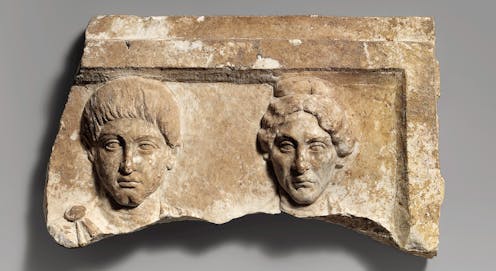
A WooCommerce website designer plays a crucial role in helping businesses create high-performing, visually appealing, and conversion-focused online...

In Australia’s construction, mining, and industrial sectors, safety and technical competence are essential for any worker handling heavy loads and l...

There’s a point every collector reaches when the chase for the latest release gives way to a deeper appreciation for quality. The thrill of new mode...

In today's fast-paced business environment, having a reliable and efficient IT infrastructure is no longer a luxury, it's a necessity. For businesse...

Dreaming of your next holiday? Forget the crowded tourist traps and consider something truly special: a luxury australian cruise. More than just a ...

The design landscape in Australia has been audacious, innovative and climate-conscious at all times. Design in this area is all about striking a balan...

More Australians are investing in Invisalign to straighten their teeth, but the treatment in Australia can cost thousands of dollars and often takes m...

Nothing beats a warm summer evening spent in a gorgeous backyard. The backyard is the perfect space to unwind and spend some of the most magical momen...

Have you ever entered a gym that just feels off and couldn’t focus on your workout? Maybe it’s the layout that was weird, or the lack of natural l...

Employee wellness programs are reshaping how companies think about productivity and satisfaction. When people feel healthy, they perform better, sta...

When it comes to elevating your home’s interior, few window treatments combine sophistication and practicality as effortlessly as plantation shutter...

Visiting your gynaecologist isn’t always easy. Even though reproductive and sexual health are essential parts of overall wellbeing, many women fee...

Living by the ocean is a dream for many Australians, offering breathtaking views, refreshing sea breezes, and a relaxed lifestyle that’s hard to b...

Occupational Therapy Week is typically a time to celebrate the difference occupational therapists make in people’s lives. But this year, many sa...

Depression is a common mental health condition affecting around 1 in 7 Australians. It is typically diagnosed when an individual has experienced a p...

Life gets busy quickly. For many adults, each week is a constant mix of work commitments, raising kids, managing a household, settling bills, catching...

To say the least, volunteering can maximally change the way you see the world. Period. When you step into someone else’s shoes, even for a few hours...

Working out at home has reached the peak of its popularity. Whether you’re short on time or simply prefer the comfort of your own space, home traini...




















